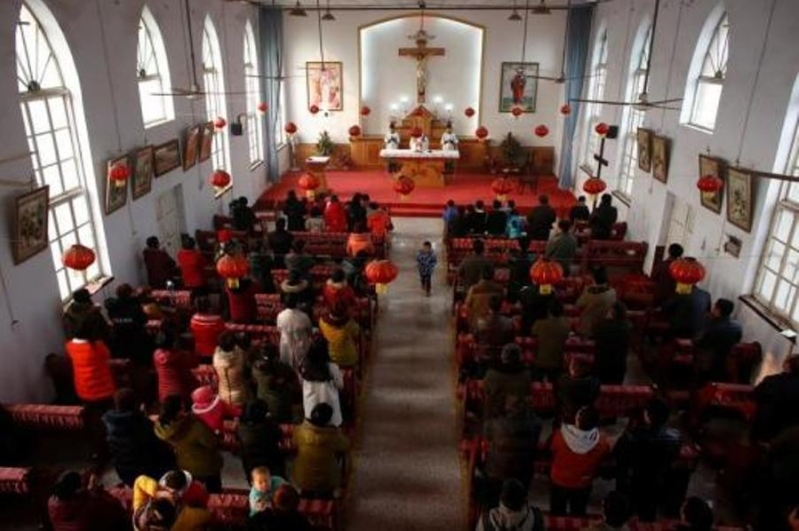
South Korea is the Asian country that has the largest Christian population and also sends out a large number of missionaries. What is the current situation of missionary work in South Korea? How do we use this as a reference to look at the development of missionary work in Chinese churches?
South Korean Missionary Park Dong-Seong, who based in Taiwan, said in an interview with Chinese Christian Tribune that after the churches grew in South Korea, they put great emphasis on missionary work overseas and their motivation to do missionary work was to "return the debt of the gospel."
South Korea Does Missionary Work to Return the Debt of the Gospel
Park Dong-Seong mentioned that twenty years before 2010, South Korea had already sent out 2,100 missionaries all over the world. The grace given to South Korean churches by overseas missionaries, who brought Christianity to South Korea and built churches, and the response to God's calling motivated South Korea to send out missionaries all over the world. They wanted to return "the debt of the gospel" with love.
As he was reviewing the development of South Korean missionary work, Park noted that missionaries in South Korea were strictly prohibited from spreading the gospel during the early days. Many missionaries were martyred. As South Korean churches grew gradually, they encouraged believers to join missionary work in order to commemorate these martyrs who sewed the seeds of the gospel in South Korea. The churches also sent out a lot of missionaries overseas. Many believers responded to God's Great Commission, which became a motivation for South Korean churches to participate in missionary work.
Nowadays South Korean churches actively promote missionary work. Mission Korea is being held every four years in South Korea. There are more than two thousand students participating in each meeting. Through pastors' preaching and overseas missionaries' sharing, the meeting encourages many young people's enthusiasm about missionary work.
Churches also invite missionary societies or missionaries to share on stage. At summer and winter retreats each year, believers often listen to missionaries share their experiences. Their spiritual life and the heart for missionary work are both being established as they prepare themselves to become missionaries. Moreover, all churches in South Korea, regardless of their sizes, have mission departments to care for and support missionaries. Big churches send out missionaries and small churches give offering to support missionaries from other churches. The support from these churches account for anywhere from 5% to 80%.
Missionary work revival in Chinese churches
A Chinese pastor suggested that "Mission China" hoped to send out 20,000 missionaries from China in year 2030. Park is optimistic about the future of missionary work from Chinese churches. He believes that Chinese churches are becoming more and more mature and therefore it is time to promote missionary work. Although some South Korean missionaries were forced to leave China because of the religious restriction from the Chinese government, South Korean missionaries hoped to equip and cultivate Chinese missionaries by sharing strategies and resources; and help churches in China and Taiwan join the missionary work force, to finish God's Great Commission.
Park encouraged Chinese Christians to first submit under churches because in order to serve others overseas, they needed a submissive servant heart. He also stated that missionaries had to prepare for themselves, for example, to receive cross-cultural mission training and gather praying partners to pray for them in order to face spiritual warfare.






